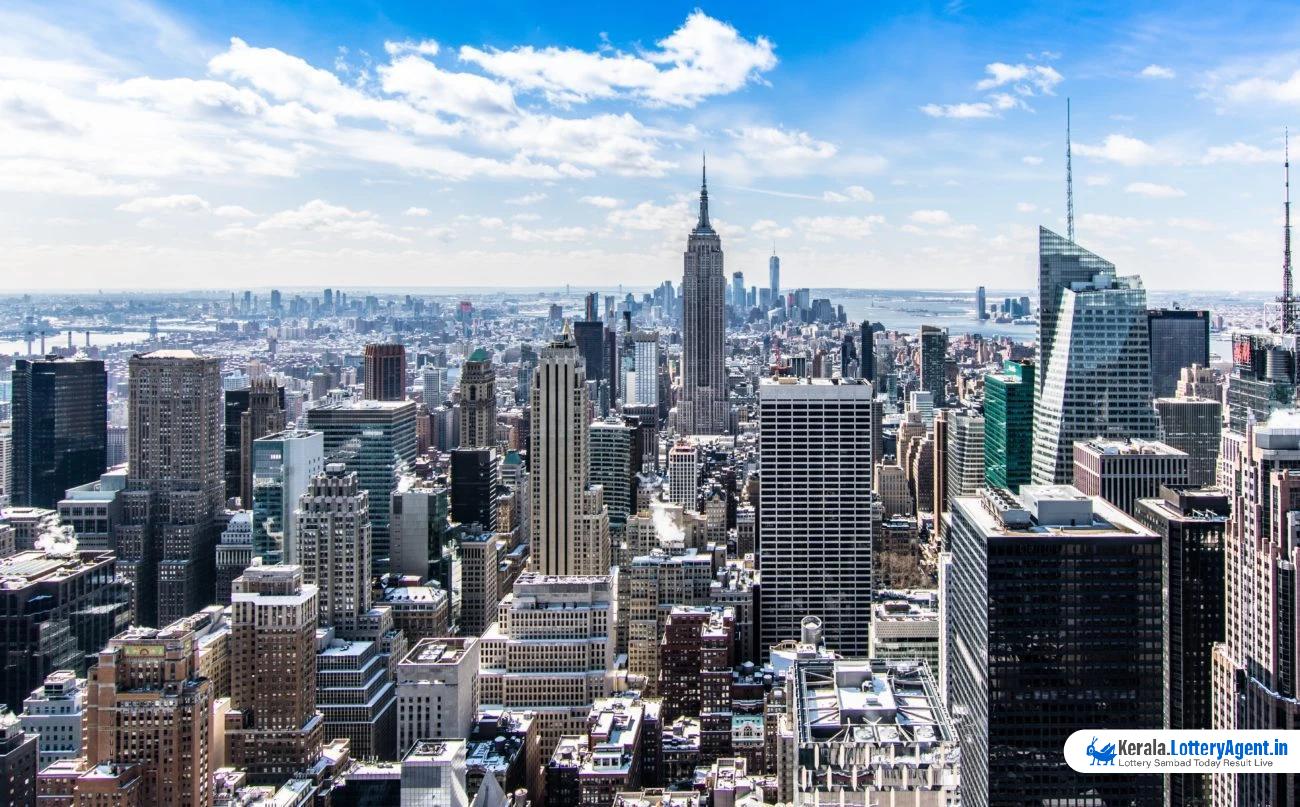
In an unfolding saga of political maneuvering and strategic planning, the New York Facility Location Board has decided to extend the deadline for downstate casino bids until June 2025. This decision follows intense lobbying and a flurry of legislative activity aimed at bringing new casinos to commercial locations in and around New York City.
New York law currently permits the establishment of three downstate casinos, which are to be brick-and-mortar facilities contributing to both economic and community development. The stakes are high, with 11 bidders already in the running, proposing locations that span from the bustling energy of Times Square to the diverse neighborhoods of Brooklyn. Each bidder is offering an array of developments that include not just casinos but also resorts, housing units, and various neighborhood improvement projects to garner community and political support.
One of the significant moves came from Senator Joe Addabbo, whose bill (S9673A) successfully navigated through both the House and Senate in early June. The bill, however, remains unsigned by Governor Hochul, keeping the legislative future uncertain. Should the Governor approve the bill, it would mandate bidders to submit their proposals by the end of the summer—a timeline deemed too tight by Facility Location Board members.
During a recent Thursday meeting, board members weighed in on this critical issue. They unanimously agreed that the current timeline was impractical and would be in conflict with the newly passed S9673A if enforced. Board chair Vicki Been expressed that extending the deadline would ideally provide more time for thorough and well-considered proposals, saying, “the hope would be that our reasoning will be helpful to the governor.” This sentiment reflects a growing awareness among policymakers that an expedited timeline may not be feasible.
Indeed, the board pointed out that bids cannot be reviewed until all “entitlements and zoning” are officially approved, a process that is far from straightforward. Given these constraints, the board’s call to push back the deadline underscores the logistical and regulatory hurdles that bidders must overcome. This includes securing zoning changes and completing environmental impact studies, both of which are prerequisites for bid evaluation.
.
Among the proposals, notable are the Bally’s Bronx project and Steve Cohen’s venture in Queens, both of which face significant zoning challenges. Currently designated as parkland, these sites must be rezoned to allow casino operations. Despite ongoing efforts to persuade local and state boards, these zoning changes are yet to be approved, adding more complexity to the already intricate bidding process.
Stuart Rabinowitz, another member of the Facility Location Board, acknowledged a potential clash should Governor Hochul sign the bill. According to Rabinowitz, a new law would supersede the board’s decision, further complicating the process. This statement reinforces the delicate balance of power and the intricate dance between legislative mandates and pragmatic planning.
So far, the proposals for the casino licenses feature a mix of both commercial and tribal operators. Each proposal comes with its unique facets, combining the dual aims of economic gain and regional development. For commercial operators, the challenges lie in regulatory compliance and community acceptance, while tribal operators often navigate additional cultural and jurisdictional considerations.
For New Yorkers, the introduction of downstate casinos promises various potential benefits—from job creation and increased state revenue to improved infrastructure and community services. However, these advantages are contingent upon meticulous planning and effective execution, both of which require time and cooperative efforts among multiple stakeholders.
As the process unfolds, the Facility Location Board’s decision to extend the deadline to June 2025 is a significant step. It not only provides additional time for bidders to prepare comprehensive proposals but also aims to ensure that the eventual introduction of these new casinos aligns with broader community and state objectives. All eyes are now on Governor Hochul, whose forthcoming decisions will significantly influence the trajectory and timing of this high-stakes endeavor.












